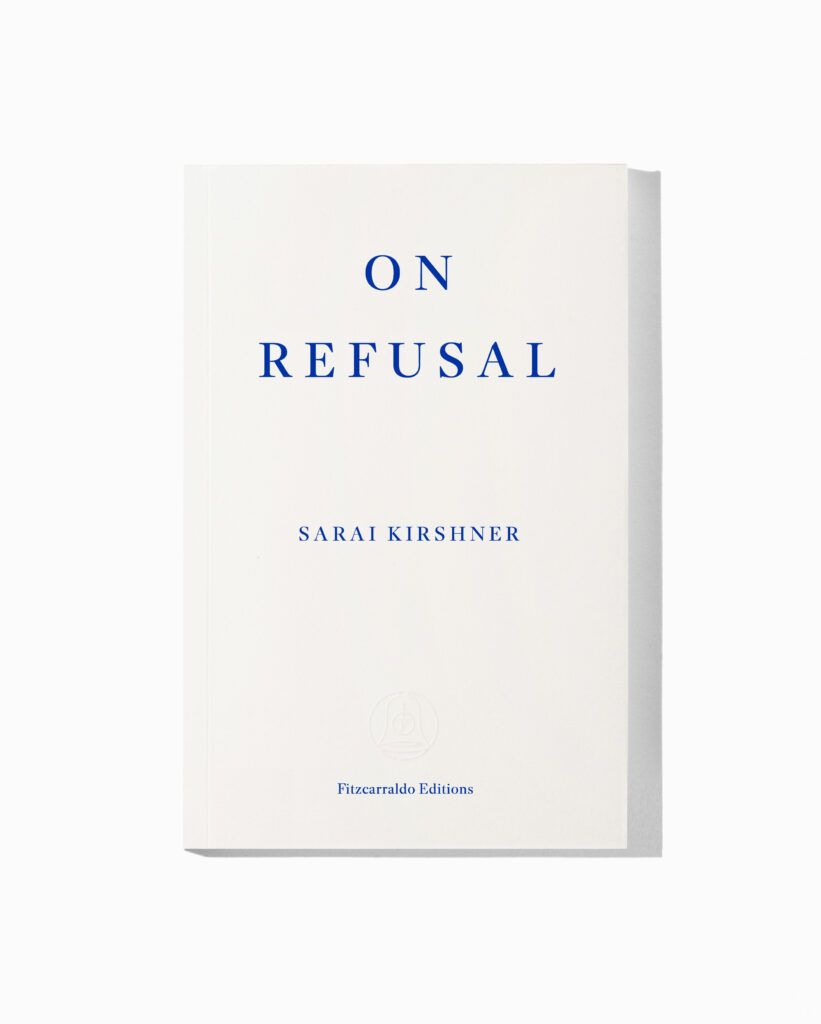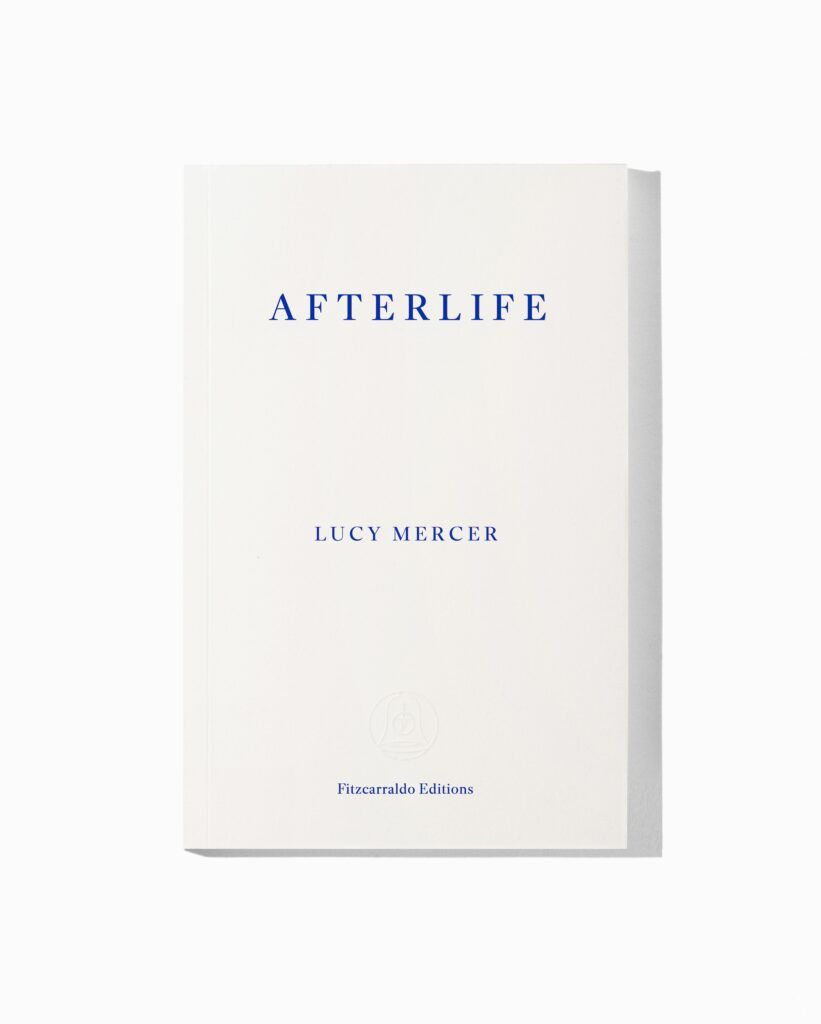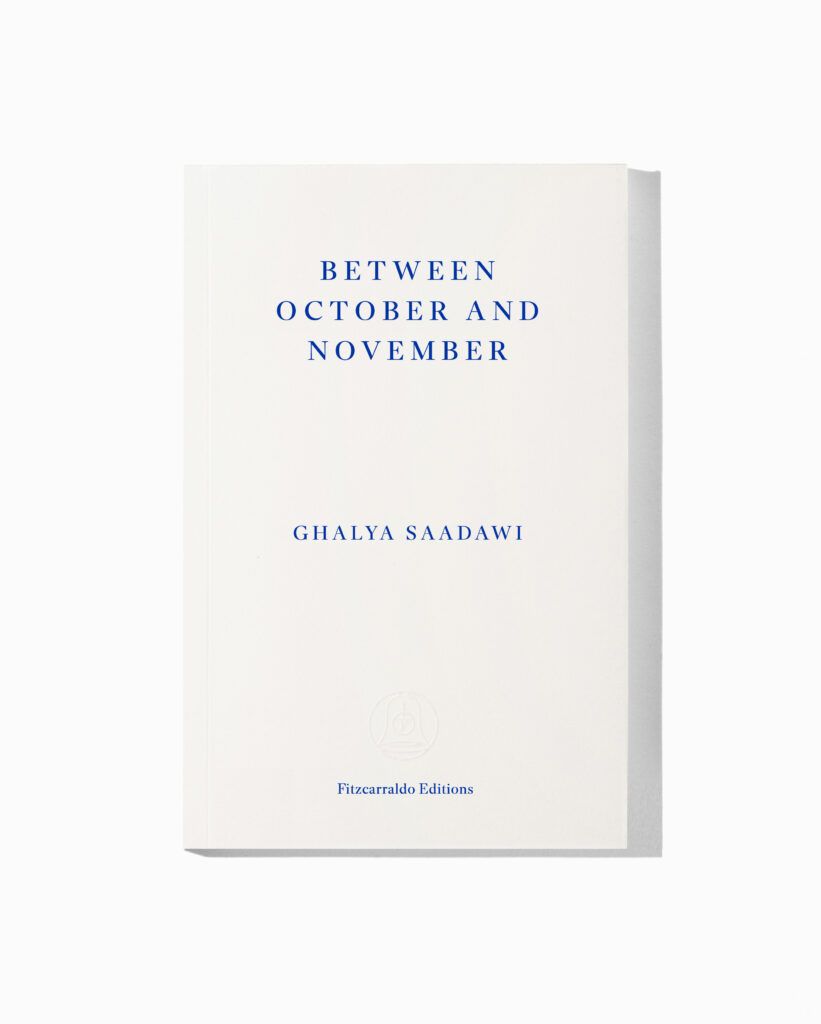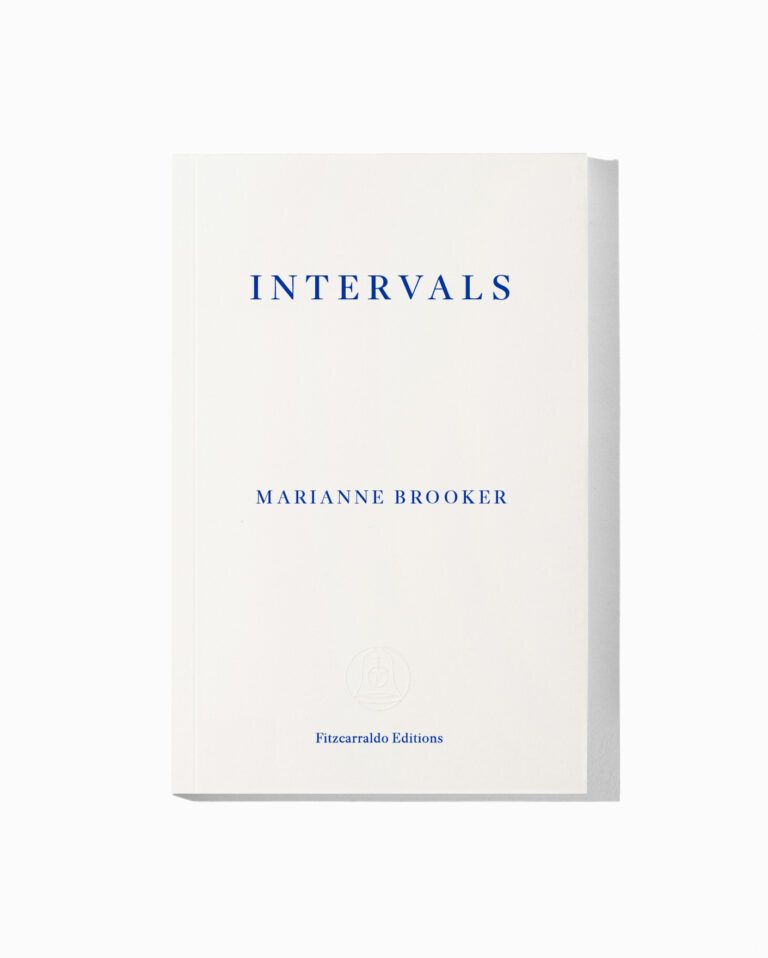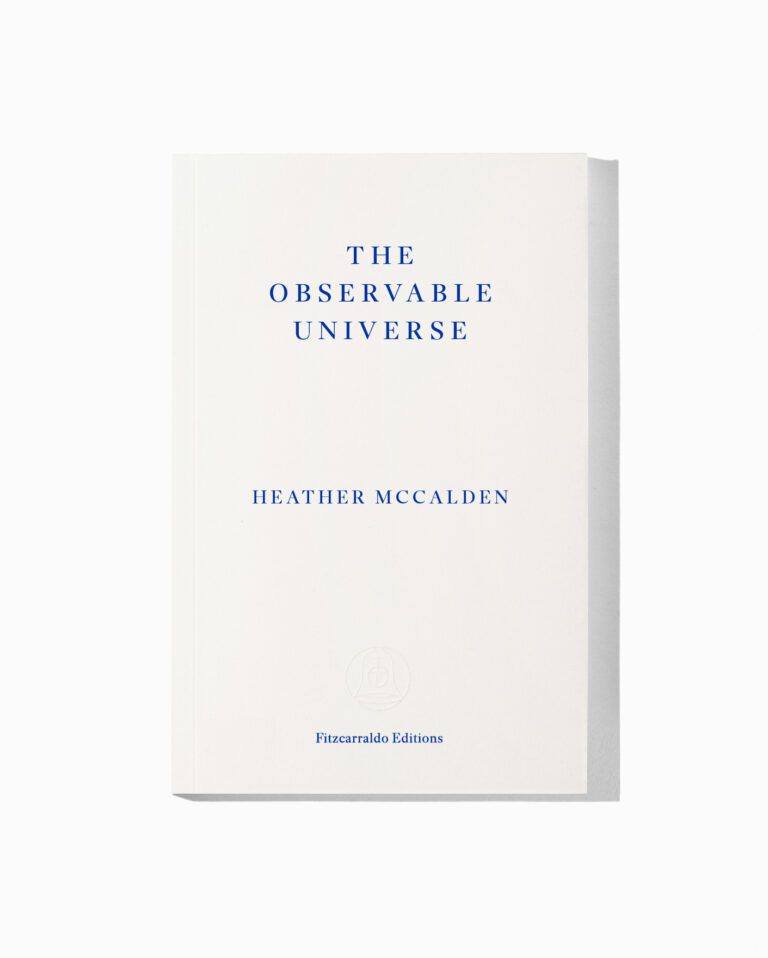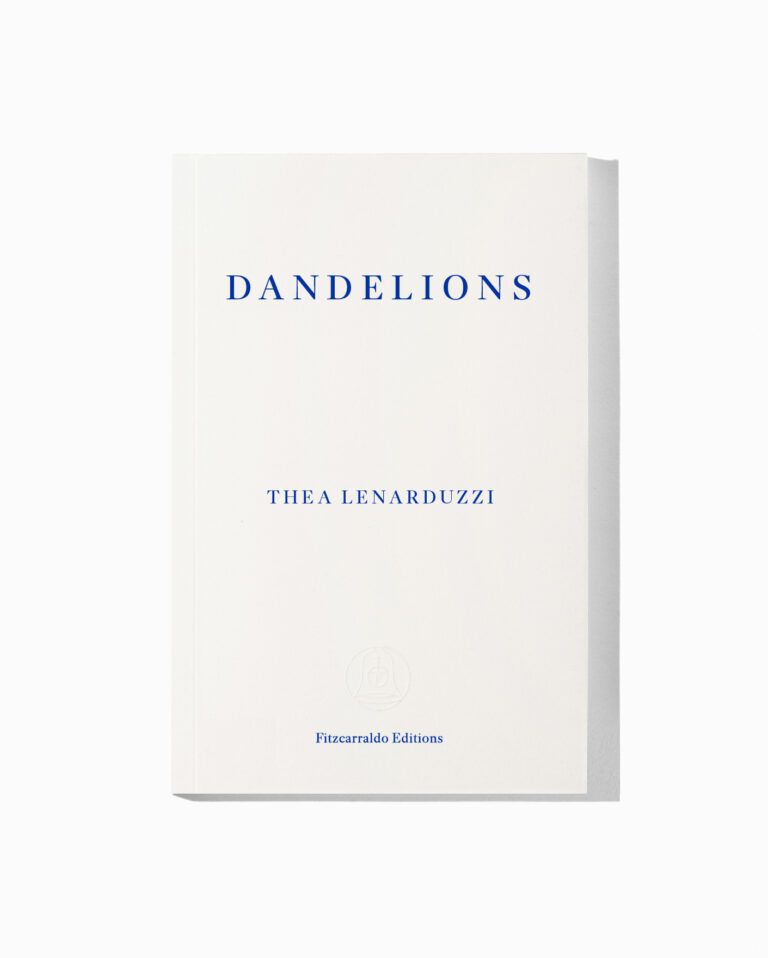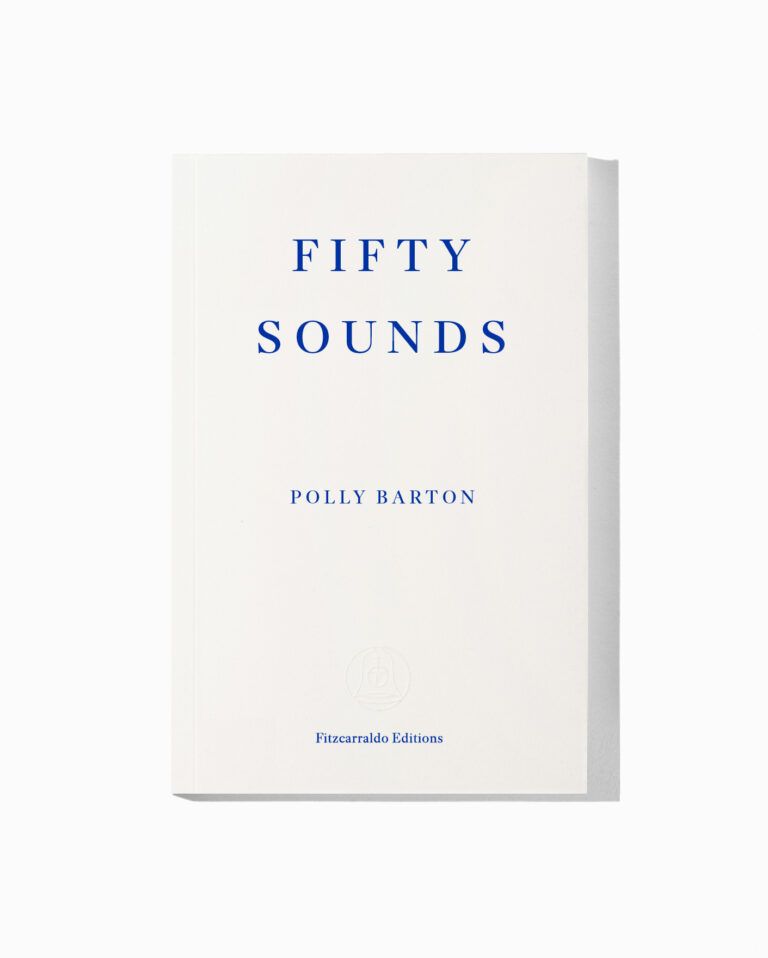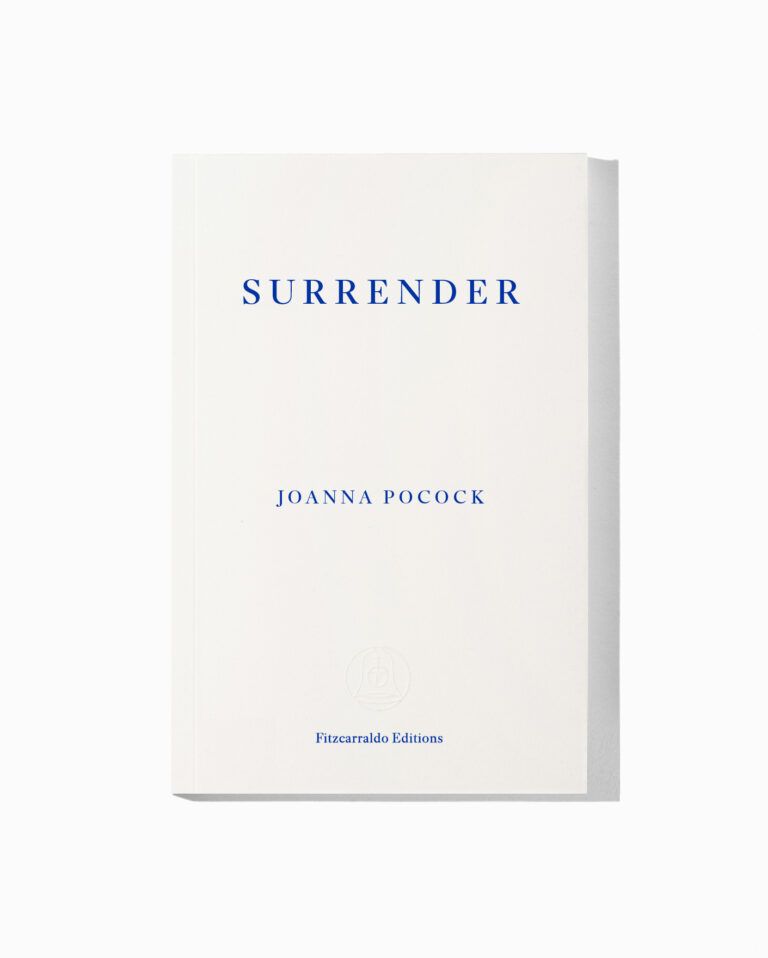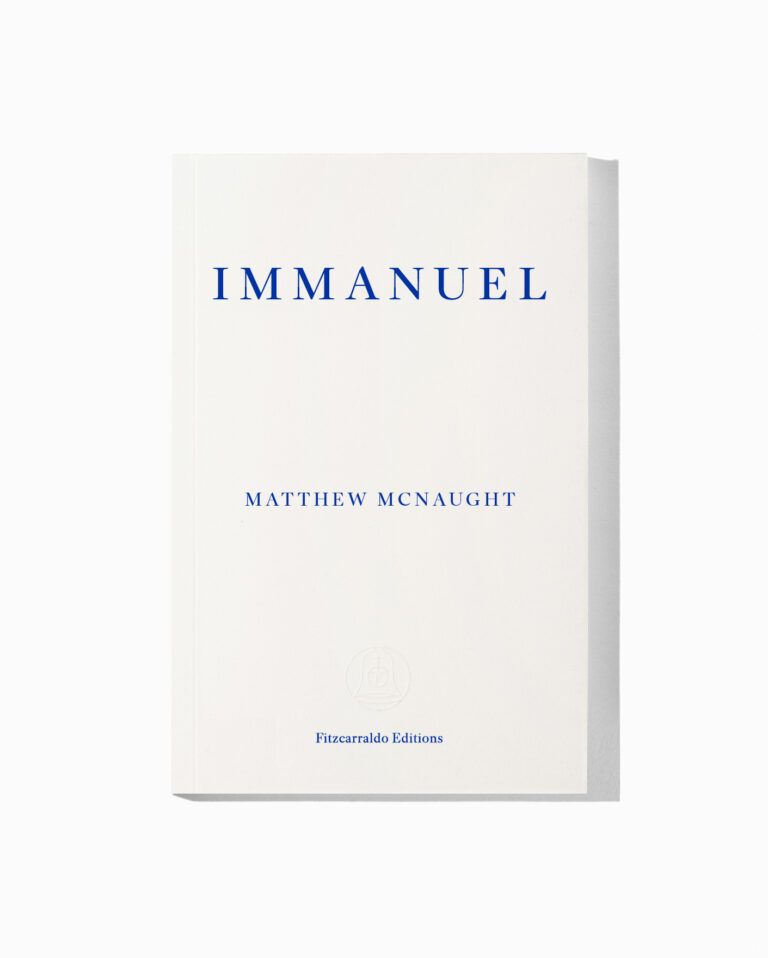We’re thrilled to announce that Sarai Kirshner has won the 2025 Fitzcarraldo Editions/Mahler & LeWitt Studios Essay Prize with her proposal for On Refusal. Read more about On Refusal and the 2025 prize here.
The Fitzcarraldo Editions/Mahler & LeWitt Studios Essay Prize is an annual competition for unpublished writers. Initially made possible by an Arts Council Grant in 2015, the prize awards £4,000 to the best proposal for a book-length essay (minimum 25,000 words) by a writer resident in the UK & Ireland who has yet to secure a publishing deal. In addition to the £4,000 prize, in the form of an advance against publication with Fitzcarraldo Editions, the winner has the opportunity to spend up to two months in residency at the Mahler & LeWitt Studios in Spoleto, Italy, during the summer of 2025, to work on their book. The book is then published by Fitzcarraldo Editions.
The 2025 Fitzcarraldo Editions/Mahler & LeWitt Studios Essay Prize was judged by Joanna Biggs, Brian Dillon, Sheila Heti, Joanna Kavenna and Jacques Testard. The judges were looking for essays that explore and expand the possibilities of the essay form, with no restrictions on theme or subject matter. The prize aims to find the best emerging essay writers and to give them a chance to develop and showcase their talent. It also provides the winner with their first experience of publishing a book, from the planning, research and writing of it through to the editing, production and publicity stages.
Read more about the prize and entry requirements here.

